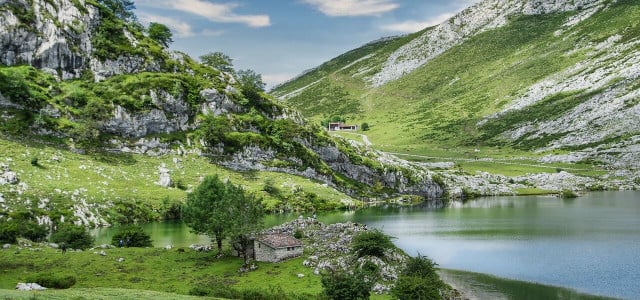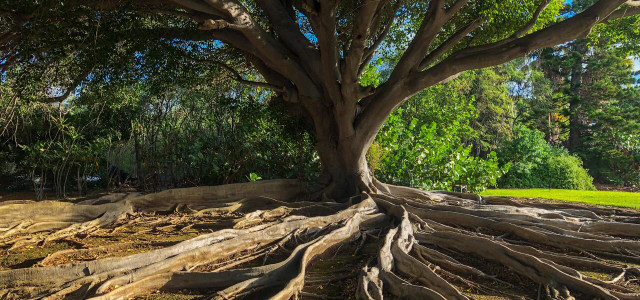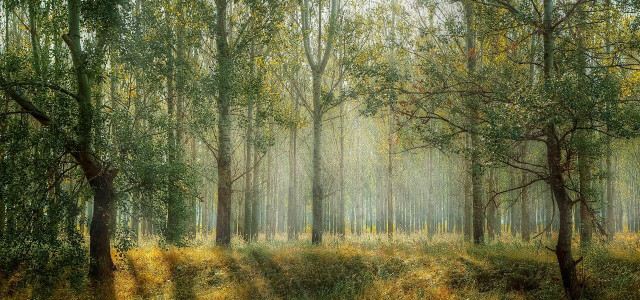Ecopsychology views human psychological wellness as connected to the natural environment — immersing ourselves in nature affects mental and physical health.
It is widely recognized now that spending time in nature has many benefits for our physical and mental wellbeing. Ecopsychology studies the relationship between people and the natural world, with a particular focus on wellbeing, through applying various ecological and psychological theories.
The Field of Ecopsychology
Ecopsychology is also about how the climate crisis and environmental destruction affects us on a deep psychological and emotional level — this is sometimes called eco-anxiety. Research and practice examples of ecopsychology include:
- Integrating outdoor activities into counselling or therapy.
- Preventing anxiety and depression regarding environmental issues.
- Understanding transcendent experiences in nature.
A 2019 study concluded that spending at least 120 minutes a week in nature is associated with good health and wellbeing. This includes spending time in natural areas such as parks, woodlands and beaches. Another study from 2019 found that spending time gardening in particular is linked to improved mood and calmness, as well as an increased sense of purpose and community, and reduced feelings of isolation.
Studying Ecopsychology

(Foto: CC0 / Pixabay / Seaq68)
There are certain colleges in the US where you can study ecopsychology at undergraduate or graduate degree level. Studying ecopsychology allows us to study the human/nature relationship through the lens of ecology and psychology. The accredited colleges where you can study ecopsychology include:
- M.A. in Ecopsychology at Naropa University in Boulder, Colorado
- B.A. in Ecopsychology at Prescott College in Prescott, Arizona
- M.A. & Ph.D. in Depth Psychology with specialisation in Community Psychology, Liberation Psychology & Ecopsychology at Pacifica Graduate Institute in Santa Barbara, California
There are also different types of eco therapies that incorporate the natural environment in healing. They focus on taking time to yourself in green spaces or by natural bodies of water. These include:
- Wilderness Retreats
- Adventure Therapy — taking part in outdoor activities such as rock climbing
- Animal Encounters such as swimming with dolphins
- Nature Walks in forests and or by natural bodies of water, maybe even barefoot walks
Connection to Esoteric Fields of Study



(Foto: CC0 / Pixabay / jplenio)
The conceptualisation of ecopsychology began in the 1990s with the work of Robert Greenway. He discussed his idea that ‘the mind is nature, and nature, the mind’. There is a combined focus on seeing humans as part of the environment, as opposed to being independent of the planet.
The term ‘esotericism’ covers a wide spectrum of studies in Mediterranean, Eurasian, and now global cultural history, as well as various fields including religion, literature, art and philosophy. It is therefore a highly interdisciplinary subject and it covers different movements including astrology, natural magic, Spiritualism, Traditionalism and the New Age movement.
These fields of study link to ecopsychology as they all in some aspects focus on links between the human body and the nature, and studying these different discourses allows us to gain knowledge and new perspectives on our common history and culture in areas that are missing.
Tip: Also check out 13 Exciting Careers in Environmental Science
Read on:
- Best Hiking on the East Coast: 7 Amazing Trails
- Journaling Prompts for Adults: Ideas for Intentional Living
- Emotional Resilience: Training Yourself to Cope
Do you like this post?








